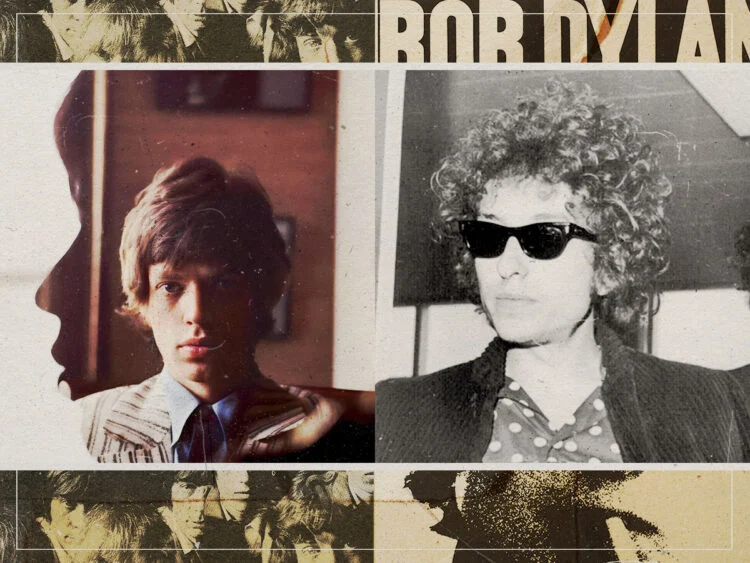Great performers always give crowds something they don’t realise they need. Take Bob Dylan, for example. In 1965, he was crowned the prince of folk, ready to take his humble listeners into a brave new future. But they didn’t need to continue in the same vein; they needed innovation, and Dylan knew that.
He plugged in and went electric, to a chorus of rapturous boos. But breaking the mould has never been easy, never been applauded, and, in retrospect, it has always seemed like the easy thing for an artist to do. But at the time, it never is, and if it was, then we’d all be stars. Greatness exists within the bravery of innovation, and Dylan was the master of that.
But not in a physical performance sense. His ear for composition was unmatched, his ability to pen lyrics truly transcendent, and his ability to evolve through those two facets was incredibly refined. Through each album, his artistic voice has grown, but his performance style hasn’t wavered. Under the furrowed brow of his observational gaze, he’s always stood onstage, with an instrument in arm’s length, steadily sharing his art.
Physically, he remained still during decades that saw irreverent artists come and go. From the mid-1960s, when Dylan emerged, all the way through to the present day, music performance has become increasingly flamboyant, and the boundaries of how it can merge with more interpretive art have dissolved.
One of the pioneers of that change was undoubtedly Mick Jagger. While it’s common knowledge that he took direct inspiration from the likes of Little Richard and James Brown, he took physical performance to a whole new level, providing colour to the onstage presentation of rock and roll. And much like Dylan’s brave step into an electric world, it was a move that seems simple in retrospect. Especially now, in the modern setting, where knock-off Jaggers emerge on the scene a dime a dozen.
At the time, it was a brave step forward, and one that sparked cynical mutterings in purist circles. While Dylan was generally a fan of The Stones—unlike Ginger Baker, who made several swipes at their music and performance style—he did have reservations about Jagger and his onstage flamboyance.
“I love Mick Jagger. I mean, I go back a long ways with him, and I always wish him the best,” Dylan once said. “But to see him jumping around like he does, I don’t give a shit in what age, from Altamont to RFK Stadium, you don’t have to do that, man.”
But it was, of course, easier for Dylan to take that stance, for his artistic genius was so deeply rooted in his songwriting that he didn’t think floridity was necessary. But I would argue that Jagger did, in fact, have to do that. What he lacked in songwriting, he made up for in his performance. On stage, he provided unmatched levels of charisma, charm and attitude and ultimately elevated the entire meaning of being a rockstar, helping develop the entire industry around him.
